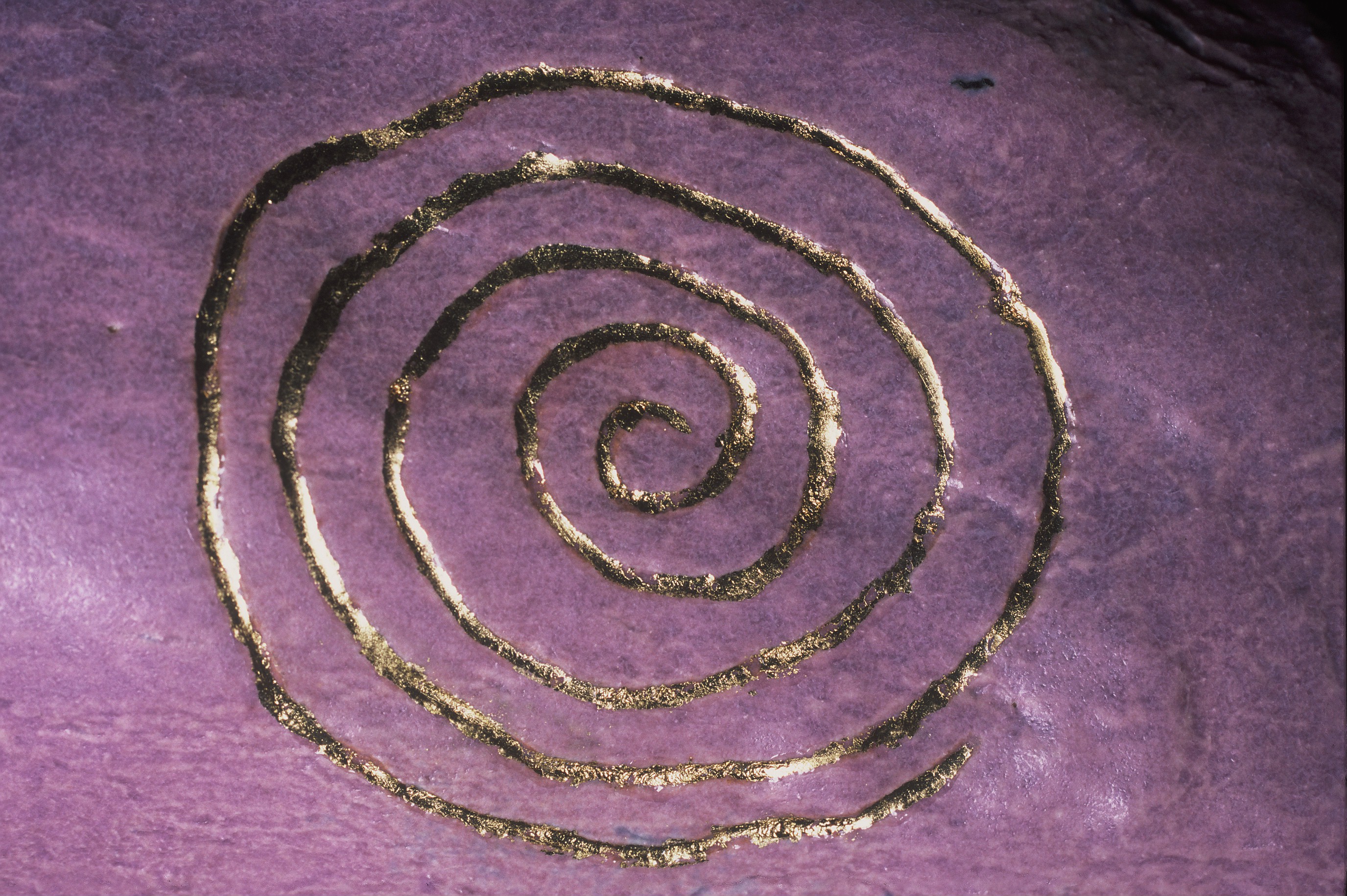About my work
My interest in making my own pottery began in 1989 at a local evening class and the sheer joy of working with clay was immediate.
I soon realised that Ceramics was a vast subject and wanting to find out more about techniques, glazing and firings embarked on a course at Chesterfield College. The experience proved invaluable and led me to apply for a place on the Applied Art degree course at The University of Derby; I graduated in 2000 with a first class (Hons) degree.
After graduation my partner and I decided to become self-employed and share a building in Cromford, Derbyshire. He ran a quantity surveying practice and I had my own pottery workshop and showroom. This worked well until my partner unexpectedly died. I was unable to carry on renting the building on my own and decided to move my pottery business and work from home.
Working with clay helped me through bereavement and I wanted to make something to acknowledge this. Through research I found that commercially produced funerary urns often left me feeling cold and empty. There seemed to be nothing uplifting about them. They were simply a container for ashes, often smooth and shiny and without character.
I thought I could improve on this and set about designing and making unique, hand-built funerary urns, that I hoped, in a discrete way, might celebrate life and be of some comfort to those who remain.
Each funerary urn is made using the slow and considered technique of hand building. This method is the earliest form of pottery making and it feels natural for me to work in this way. Through it I feel a deep connection to the material and to our ancestors.
An interest in ancient standing stones, with their carved decoration and symbols, led to research into Neolithic burial mounds and consequently, to investigate the newly built barrows that have chambers with niches to hold funerary urns.
The Long Barrow in Wiltshire is constructed in a similar way to those built in Neolithic times and was the first to be built in 5000 years. Some of my urns now rest in this barrow, a place for contemplation where people come together to remember loved ones, spend time and share memories.
More of these monuments are being built as people search for meaningful and alternative ways to commemorate the dead. In Warwickshire there is Mid-England Barrow while in Kent at The Lost Village of Dode, Holly Barrow nestles underground. Sacred Stones have barrows in Cambridgeshire and Shropshire.
I am a member of the Heritage Crafts Association, Northern Potters, the Good Funeral Guild and the Society of Bereavement Practitioners.
